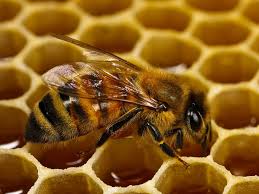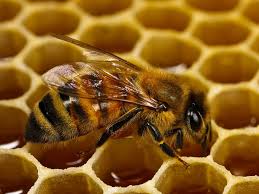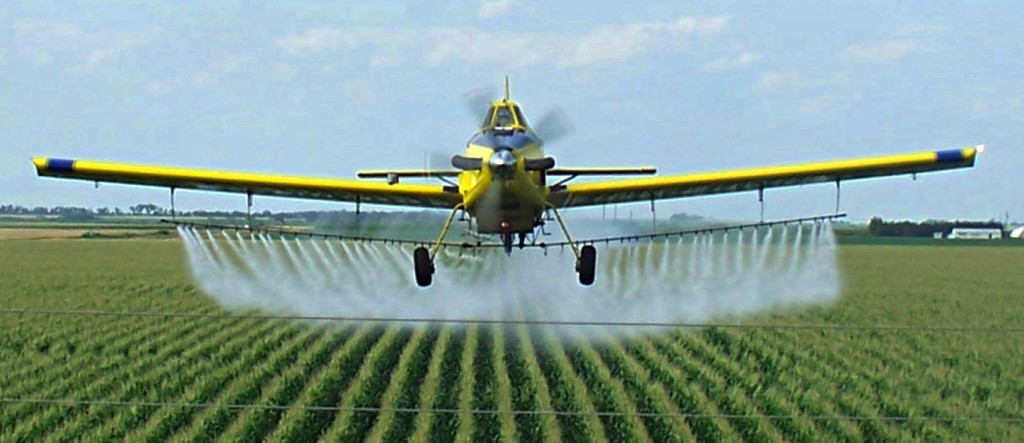Youth suicide is a major problem - the second-leading cause of death among adolescents in the US - but research into the trends has tended…

Bee

Faced with the growing crisis of declining bee populations, the White House on Tuesday released its strategy for improving pollinator health. Almost immediately, experts decried…

Recent USDA report on the further 40% collapse in honey bee population -- what we can do about it - with Ross Conrad.

A prolonged and mysterious die-off of the nation’shoneybees, a trend worrisome both to beekeepers and to farmers who depend on the insects to pollinate their…

Researchers report that as the world population increases and food demand has grown, globalization of trade has made the food supply more sensitive to environmental…

Pesticides are intended to be harmful. They kill pests, diseases and weeds. But some also harm humans and wildlife. Pesticides are a huge global business,…

Two new studies published in Nature on Wednesday show that neonicotinoid pesticides—or neonics for short—may be even more harmful to bees than previously thought. Those studies, Bees Prefer…

As I wrote about in my last post, bees are capable of learning which flowers offer good nectar rewards based on floral features such as colour,…

Flower strips sown into farmers' fields not only attract bees but increase their numbers, new University of Sussex research has shown. A two-year study of…

Nearly one in 10 European wild bee species is facing the threat of extinction, according to the first assessment of the continent's bee populations, published Thursday. As…
For years, honeybees were dying, and no one knew why. There have been some glimmers of hope recently. The number of bee deaths wasn't as…
